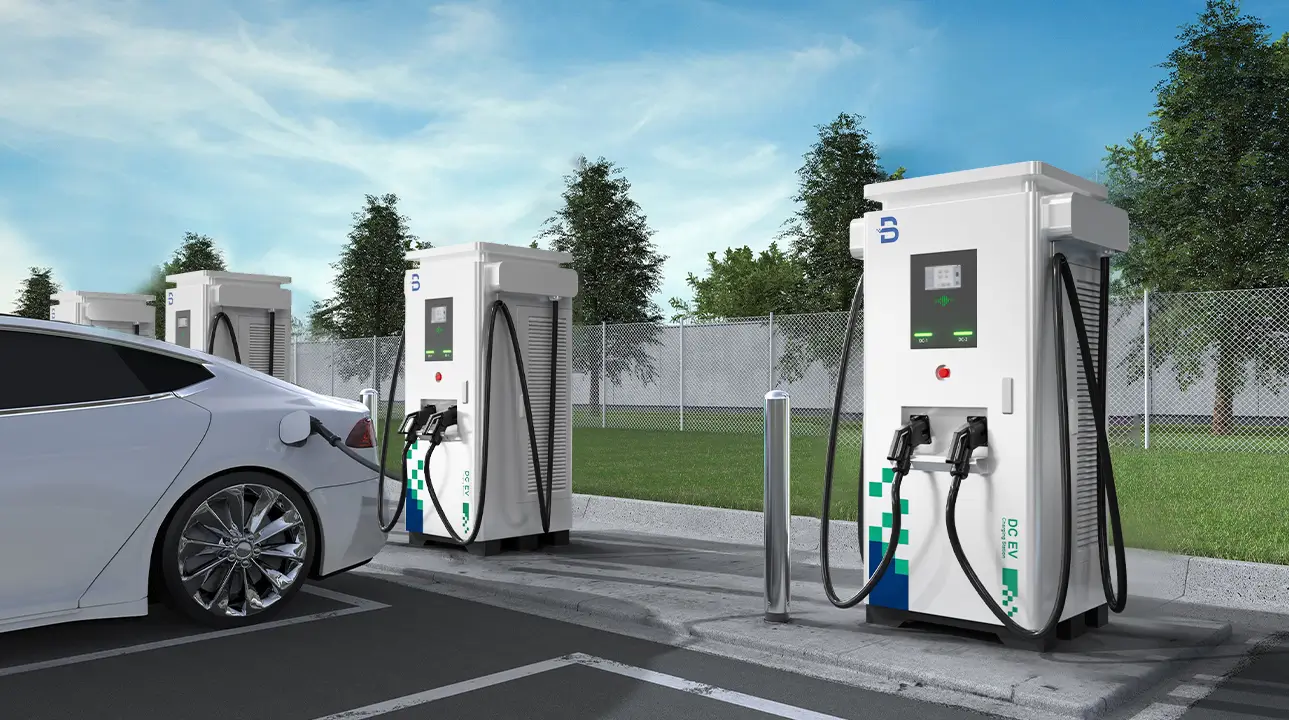They’re eye-catching, often exotic and always call to mind a bygone era. Classic cars are undeniably unique and their unrivaled automotive appeal has inspired legions of fans. That appeal also has compelled many to try their hand at classic car restoration.
Restoring a classic car can be a rewarding hobby, particularly the first time a vehicle emerges from its owner’s garage and hits the open road. Car buffs interested in restoring a classic car of their own can consider various factors before they lift the hood on this challenging yet rewarding hobby.
Time and Money
It’s hard to know if a classic car restoration will cost owners more time or money, but restoration novices should expect to spend a lot of both as they work to restore a ride to its former glory. CarsDirect.com estimates that a restoration done by a professional shop can cost anywhere from $40,000 to $60,000, and that does not necessarily include the cost of the vehicle. If the financial commitment raises an eyebrow, perhaps would-be car guys and gals should look away from the estimated time it takes to restore a classic car. CarsDirect notes that it can take around 1,000 hours for DIYers to restore a classic car. The excitement of restoring a classic car can quickly wear off if owners don’t have enough time and/or money to keep the project going at a steady pace.
The Car
Some car buffs may already envision which type of car they want to restore. Some may want to restore a classic Ford Mustang like the one they drove in high school, while others with a flare for automotive history might want to restore a 1930s classic. Whatever your preference, make sure you find a car that won’t bust your budget. Even the initial cost to purchase the car from a local salvage yard can be deceiving. Some cars might only be affordable because they’ve experienced such extensive damage that the cost to restore them will be especially high. It’s good to know what you’re looking for as you begin to scour newspaper classified ads or visit local salvage yards. But allow yourself some room for flexibility in regard to the type of car you’re willing to restore. That can ensure you aren’t breaking your budget right away or overcommitting yourself to a project that may prove beyond your range of abilities. Online car forums can be great places to get some insight into restoration, especially for beginners.
The Project
In addition to determining which car to get and how much time and money you can realistically devote to the restoration project, car enthusiasts must determine which tools they’ll need, where they’re going to work on the project and the availability of discounted parts. Discounted parts can help offset considerable restoration costs, so access to a local seller or salvage yard can be a significant advantage. The internet has made finding parts easier, as resources like CheapAutoParts.com can be invaluable. A place to work also is a must-have, so garages may need to be outfitted to make projects more enjoyable. Tools also can be costly, though CarsDirect notes that different steps in the process require different tools. That can make it easier to spread out the cost of buying new tools.
Classic car restoration can be an engaging hobby. Novices are urged to learn as much about restoration as possible before they decide to fully commit to this potentially rewarding endeavor.





More Stories
Moon | Cartype
Rivian, Mercedes-Benz Joint Venture Paused
We Blew Up Our $5000 Drag Car ~ Can We Getting Fixed In Time? – Humble Mechanic